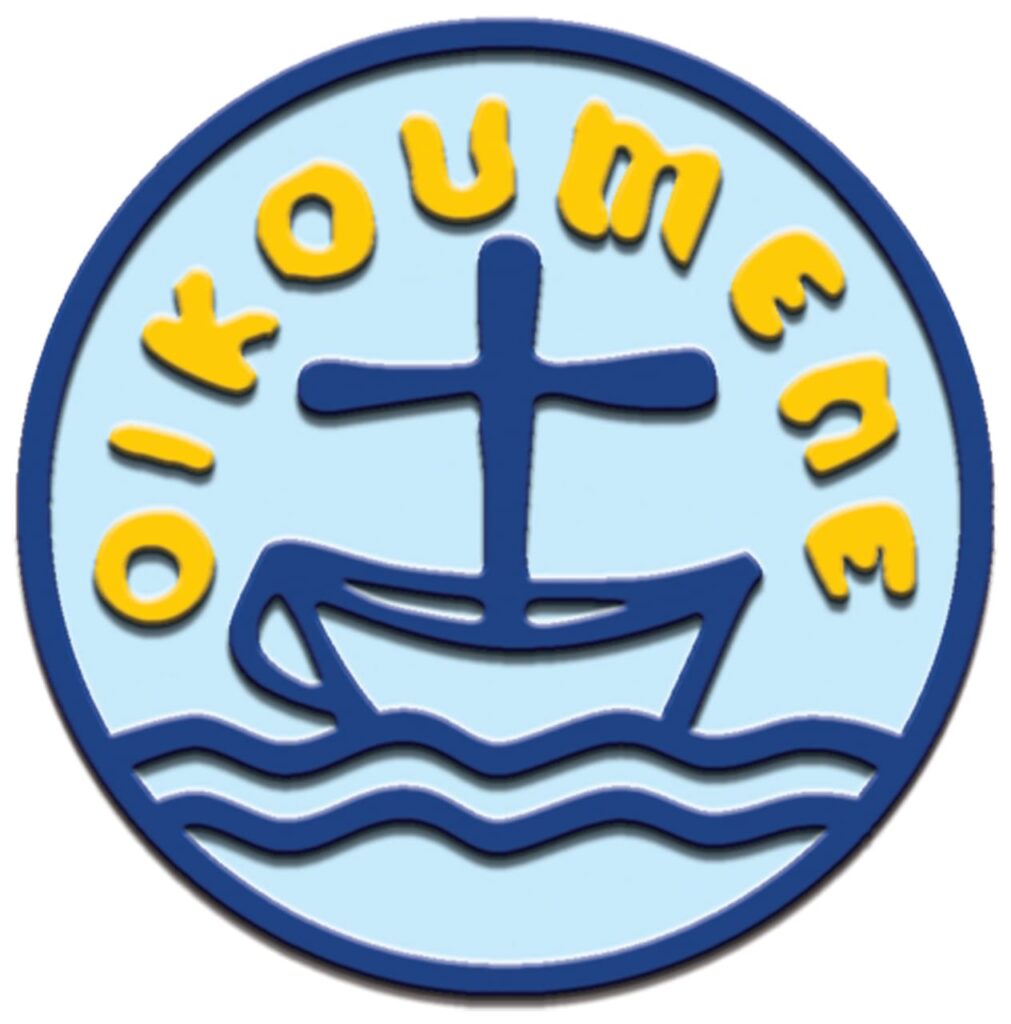In chapter 12 of the Gospel of Mark, Jesus addressed the subject of temple offerings. The following is from Mark 12:41-43…
He sat down opposite the treasury, and watched the crowd putting money into the treasury. Many rich people put in large sums. A poor widow came and put in two small copper coins, which are worth a penny. Then he called his disciples and said to them, “Truly I tell you, this poor widow has put in more than all those who are contributing to the treasury.”
Of course, Jesus is not saying that we should give to the work of God’s Kingdom to the point of financial hardship. Rather, he is saying that those who give out of their abundant wealth are not giving as much as those with far less wealth who give a lesser amount. In other words, Jesus is simply praising the generous spirit of the poor widow over and against the less generous spirit of the rich elite of Jerusalem.
While Jesus is not advocating for our impoverishment in Mark 12, he is certainly advocating for us to be as generous as possible (without material injury to ourselves) for the work of the ministry of God’s Kingdom for all people. Because of God’s unlimited grace for us in Christ Jesus our Lord, we are free to joyfully and cheerfully give whatever it is that we have pledged to the mission and ministry of our “temple” congregation, Mt. Olive Lutheran Church. For that’s what it says in Second Corinthians 9:7, where it says, “Each of you must give as you have made up your own mind, not reluctantly or under compulsion, for God loves a cheerful giver.”
ALL that we have and ALL that we are (absolutely everything) comes from God and belongs to God. From the Christian perspective, we are not owners but only stewards of all that the Creator gives to us — our lives, families, possessions, labor, income and talents. Therefore, everything that we have and everything that we are is to serve the glory of God for the sake of the world.
So, it’s not that we give a certain percentage to the work of God, and the rest is ours. No, it’s that 100% belongs to God, and we are to be good stewards of his 100%, including our offerings to our congregation. It is all from God anyway, and so it’s all in service of God’s Kingdom here in our earthly lives as a sweet foretaste of our heavenly lives to come. In other words, stewardship is everything we do after we say we believe. And stewardship is also the first things that we do. It’s the first fruits of our lives; the first fruits of everything.
“First fruits” means that we dedicate a certain amount of our time, talents and income to the work of God first thing — right off the top. For example, our Sunday worship service is the first fruits of our time each week, which is the morning of the very first day of the week. For another example, the Lord’s Prayer prayed each morning as we’re still sitting on the side of our bed (first thing) is a powerful first fruits practice. And of course, cheerfully giving a pledged amount of our income every pay period (first thing, right off the top) is a fundamental first fruits spiritual discipline.
Giving a set pledged amount to the work of God within our community of faith first thing off the top — rather than the last thing from the bottom dregs — is an act of worship that is multiplied by the offerings of others. As our Lord Jesus miraculously multiplied the loaves and fishes, we need to remember that it’s not for us to perform the miracle but it’s only for us to offer the five loaves and two fish. From everlasting to everlasting, the Lord God Almighty is the Miracle Maker and the Source of all that is, both seen and unseen.
Glory be to the Father and to the Son and to the Holy Spirit, as it was in the beginning, is now, and ever shall be, eternal world without end! Amen!
Together in Christ, Pastor Tim

